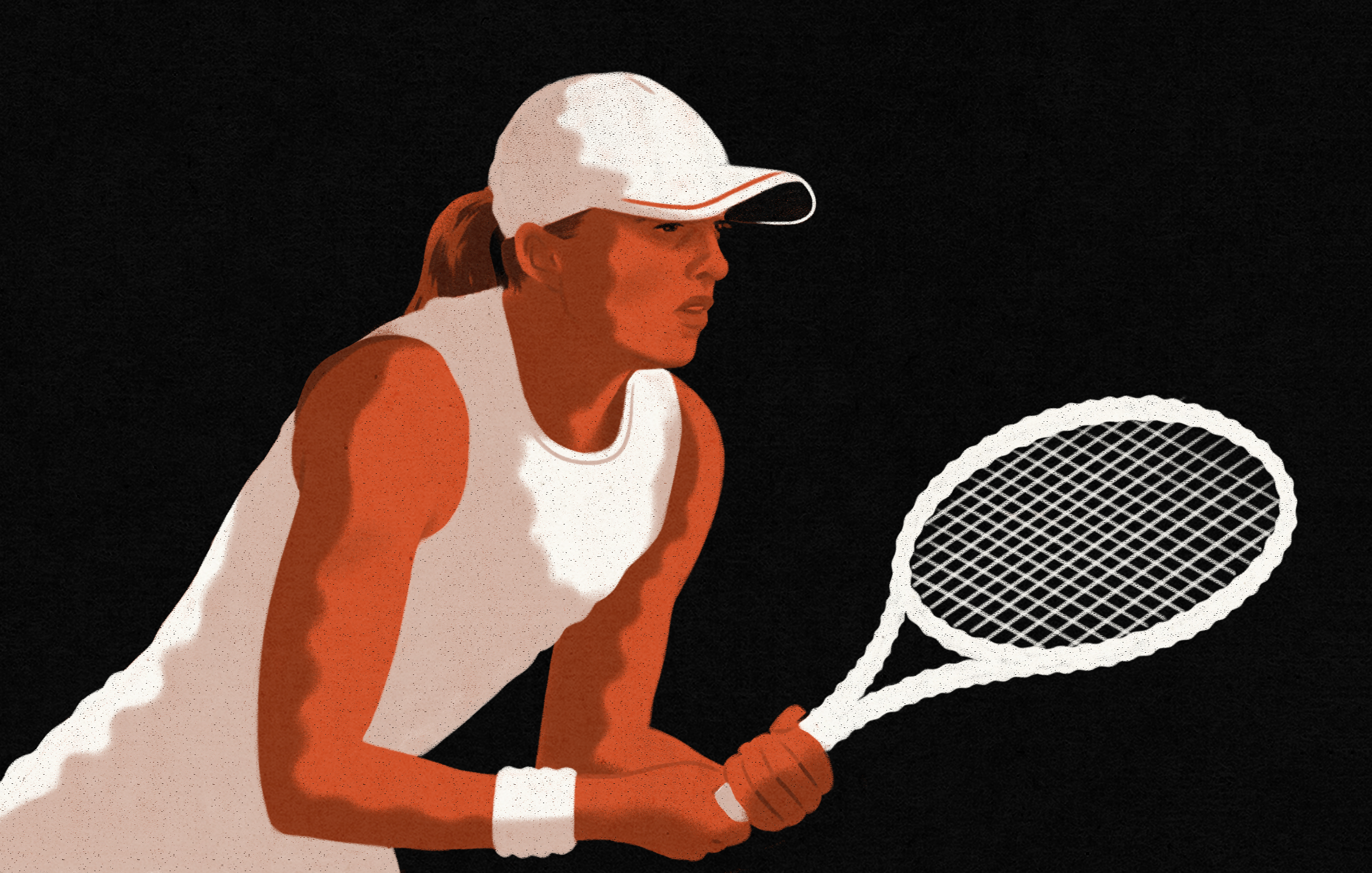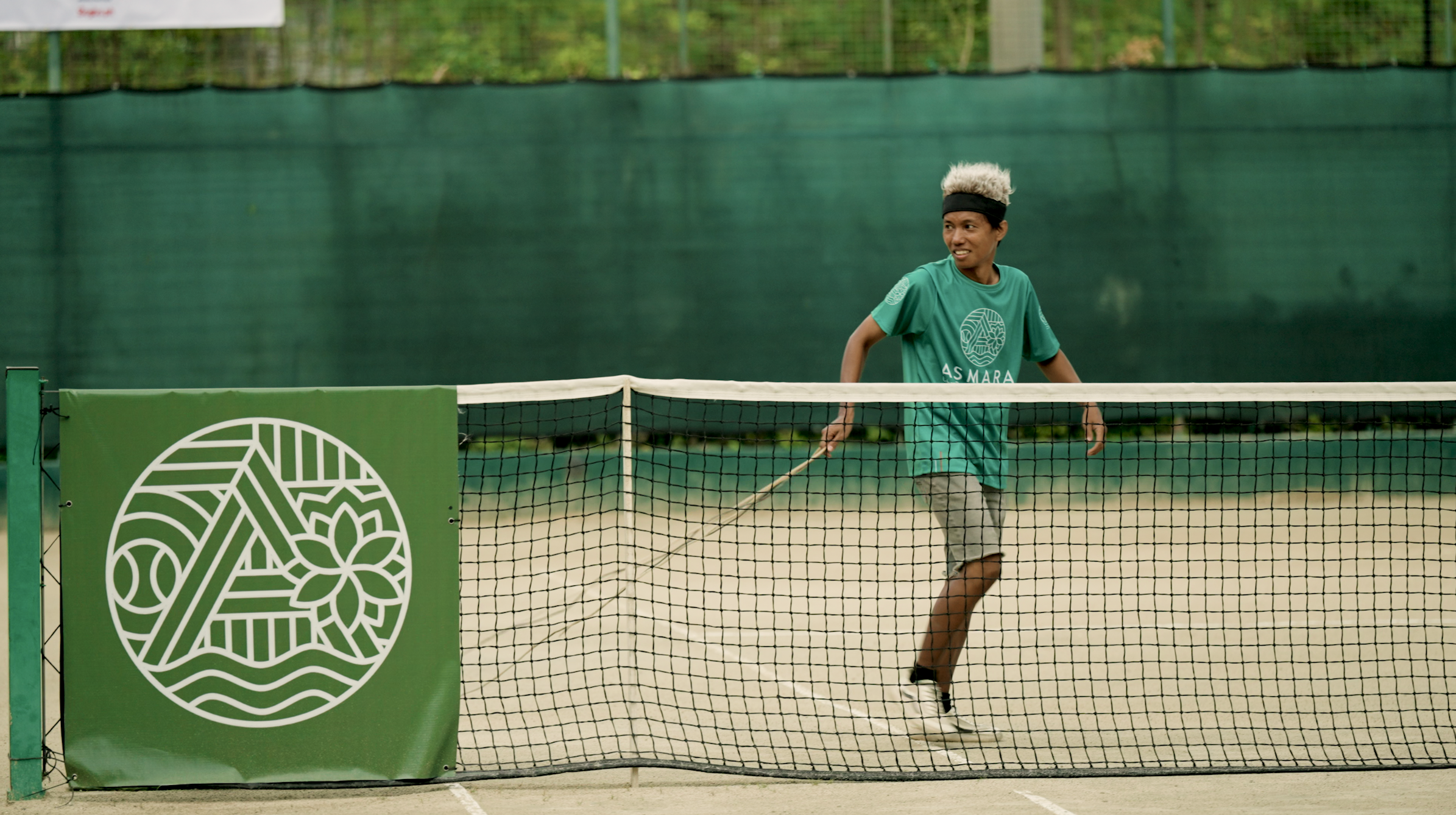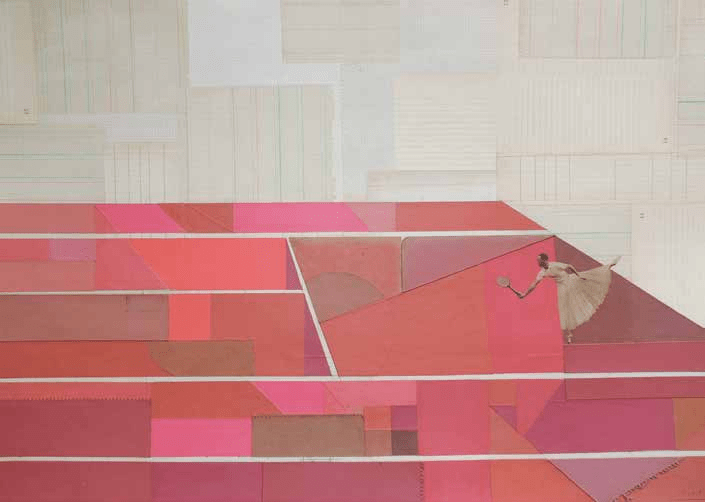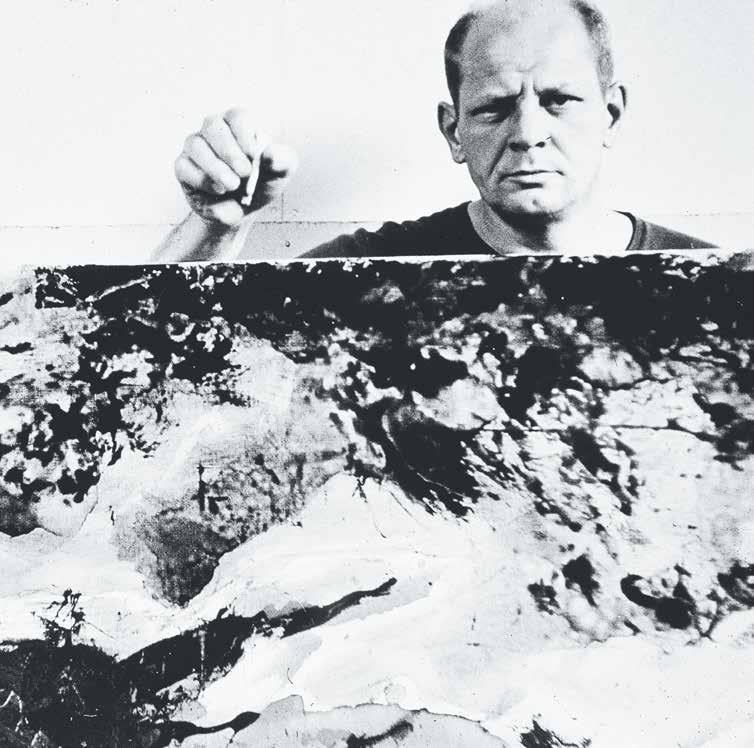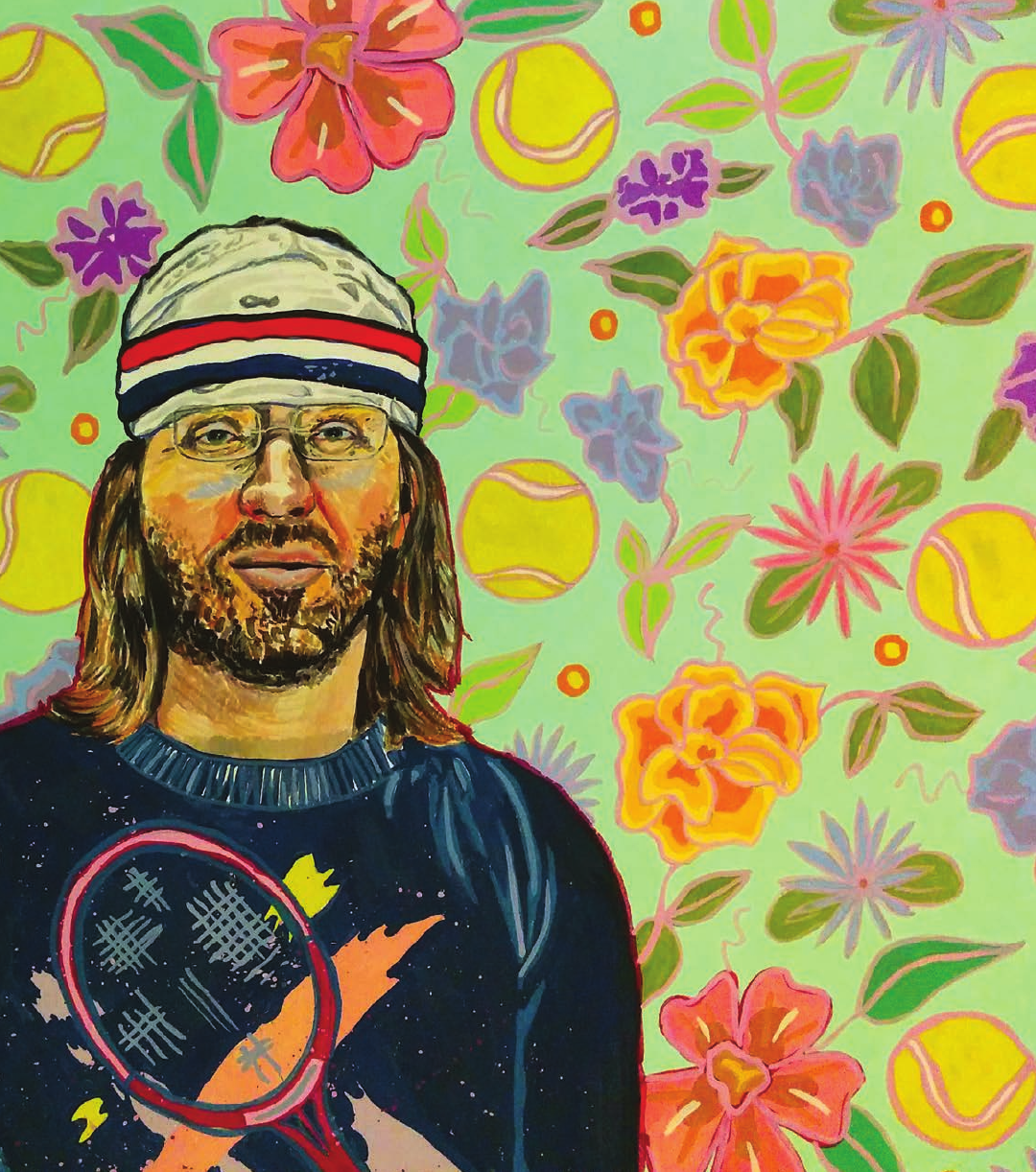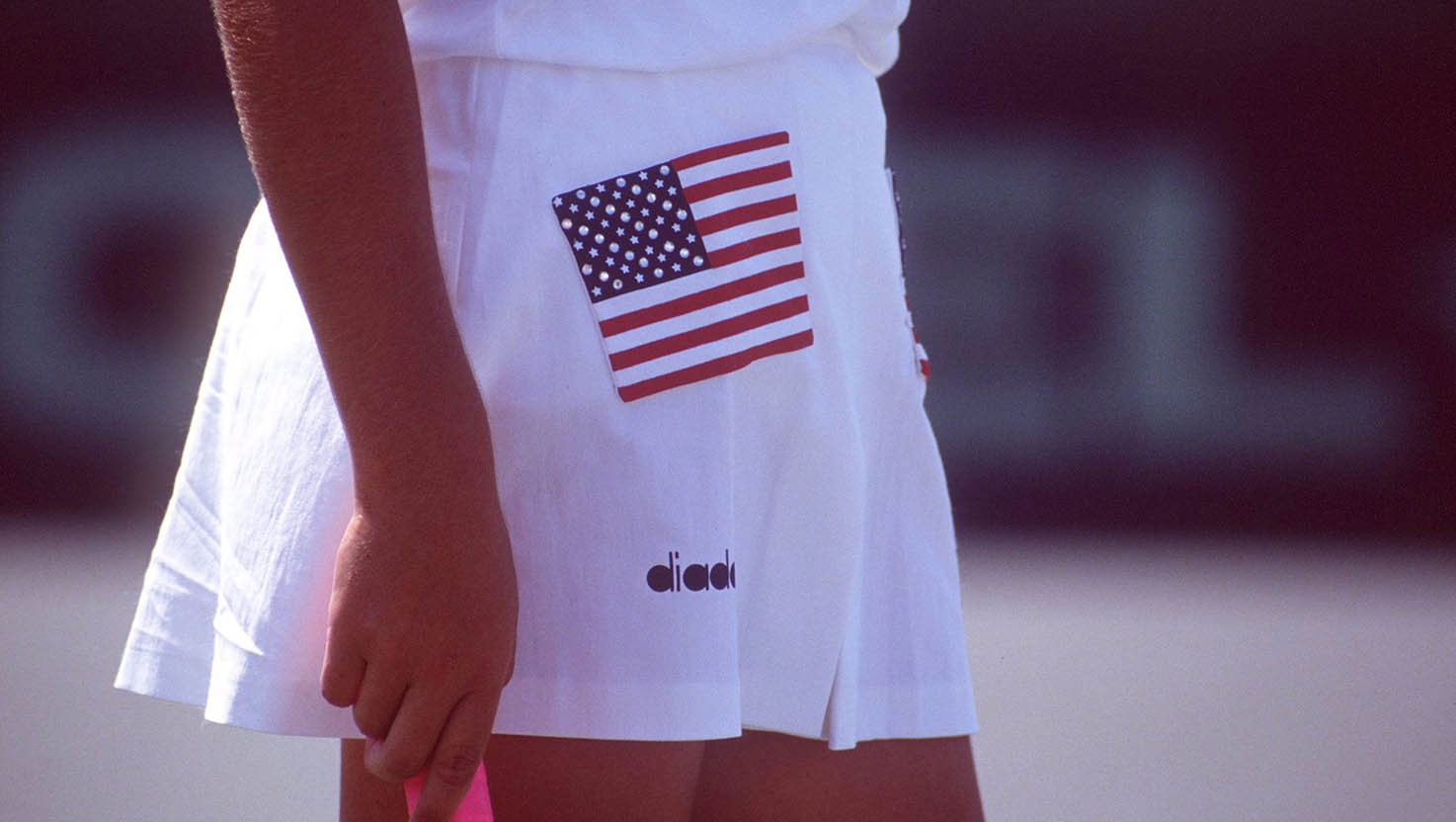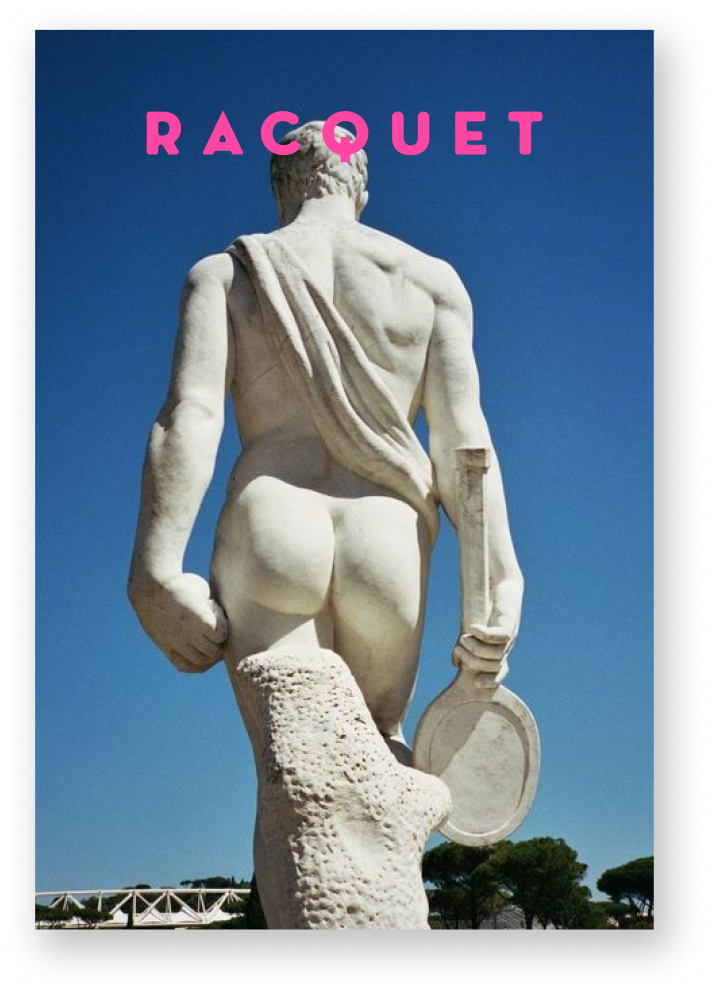
Digital Cover
Roma
For May's digital cover, a look at how tennis changed one photographer's relationship with his hometown
Featured Articles
The Worry Index
What do Iga Swiatek, Novak Djokovic and Coco Gauff have in common (besides some Grad Slam titles)? They're all officially on our Worry Index for players who need to turn things around to reset their season. We talk about the chaos agent that is Jelena Ostapenko, the rebound of Holger Rune and some scattered pot shots from deodorant to shower drug tests.
Portofino or Bust
Sease, with a little help from Feliciano Lopez, takes over the Italian Riviera.
Asmara Open: Postcard from the Philippines
A vacation turned one aspiring player into a tournament volunteer in the Philippines.
Watching What I Can’t Have (A Hit)
Something to know about me in 2025 is that I’ve become the neighborhood voyeur. Four freshly renovated tennis courts opposite my apartment beckon me daily; a hooked index finger tempting me with good, honest time. An hour’s all I need to thrash about, try and prove something inconsequential to myself, defog the mirrors of my mind and leave a better woman. Only instead of playing, I watch.

The Magazine
From the Magazine
Tennis Is Not the Literary Sport
In his Essay on David Foster Wallace, John Jeremiah Sullivan flirts with a distortion of category
Tennis Lessons
Taffy Brodesser-Akner had resisted tennis her whole life and had finally found a way into it, found a way to be her own scrappy self among its inherent elitism
Seniors Rule!
The ladies playing at the highest levels of the “vintage” circuit are not to be trifled with.

Shop
Issue No. 26
In our first-ever travel issue, we drop in on courts and tennis culture from all around the world.

